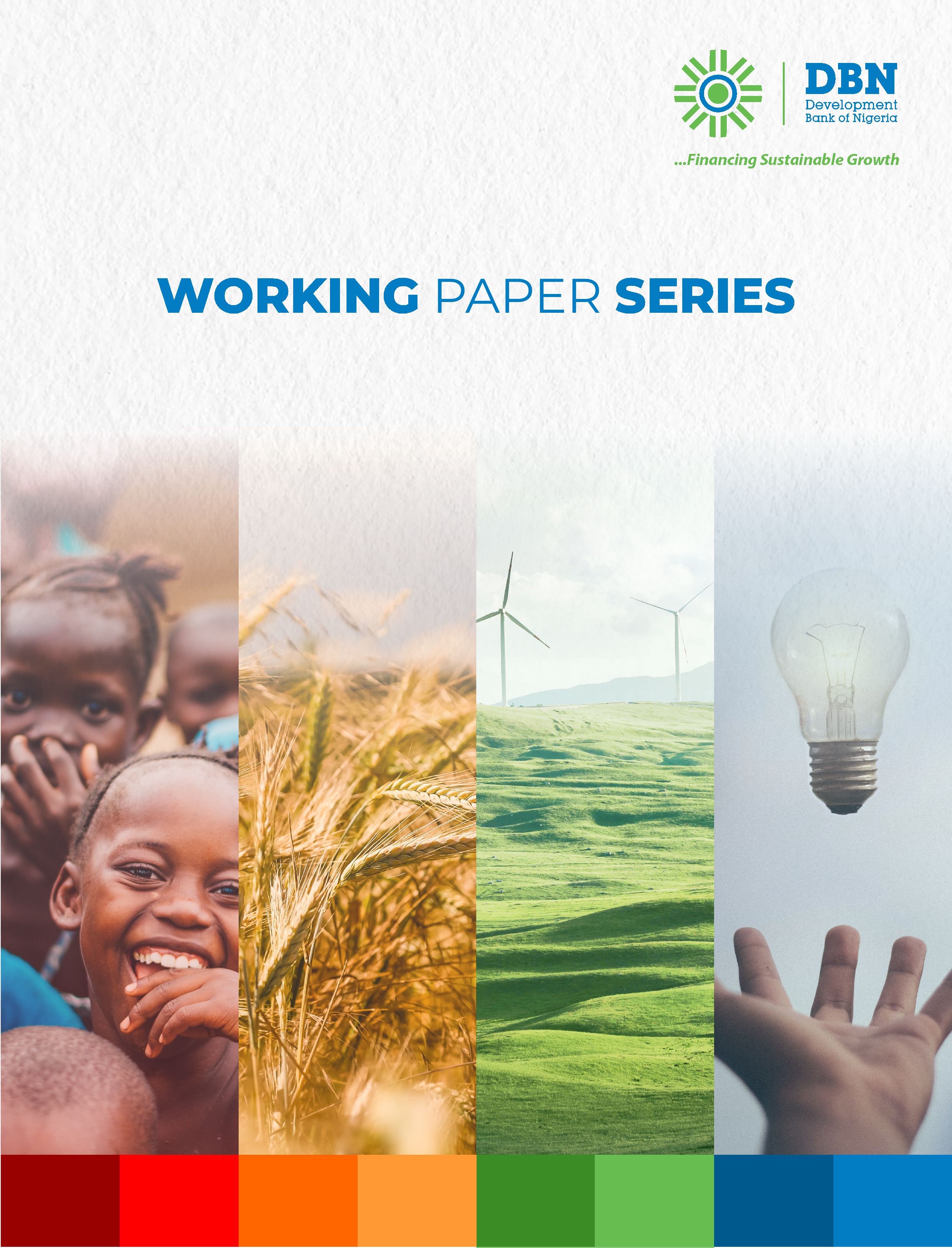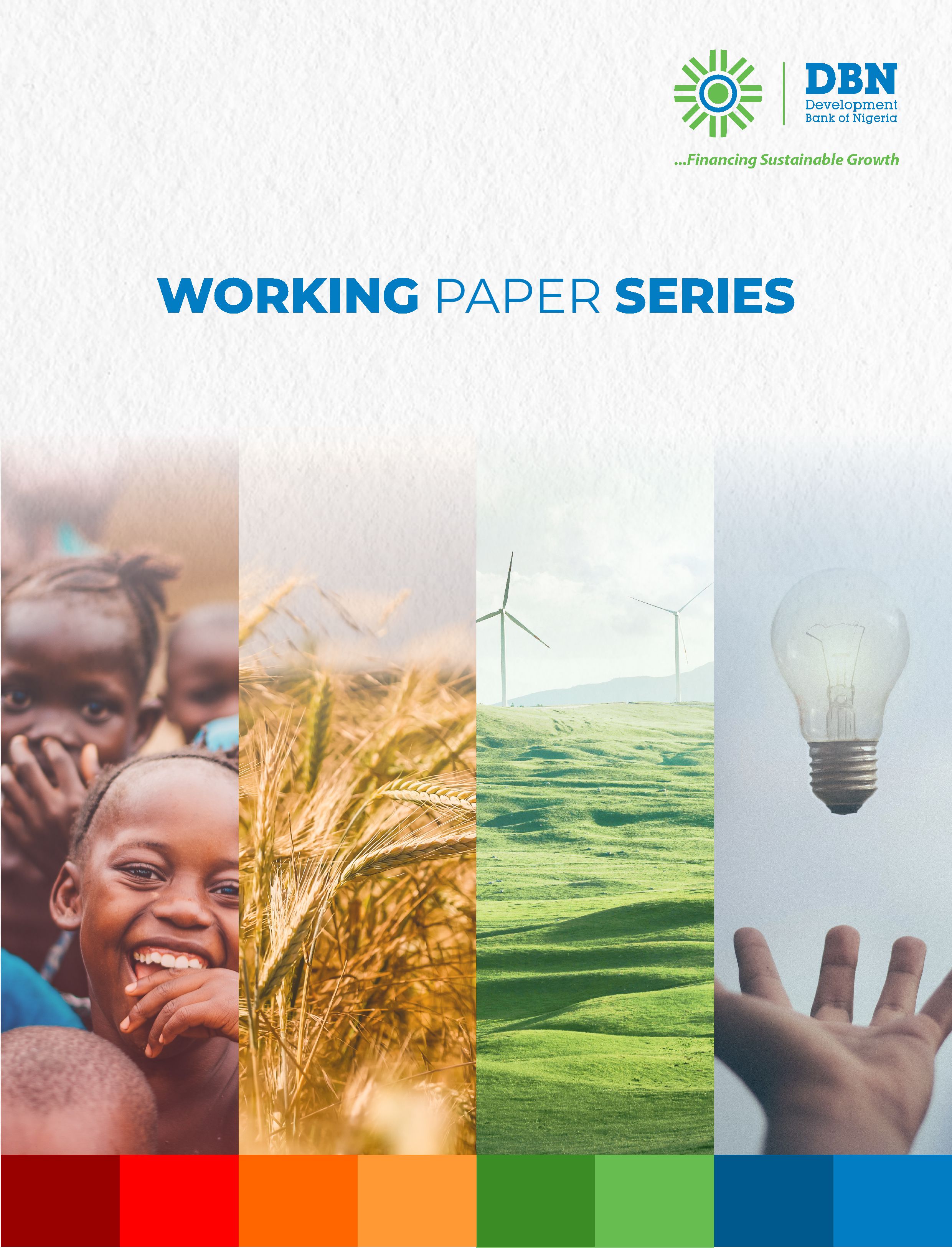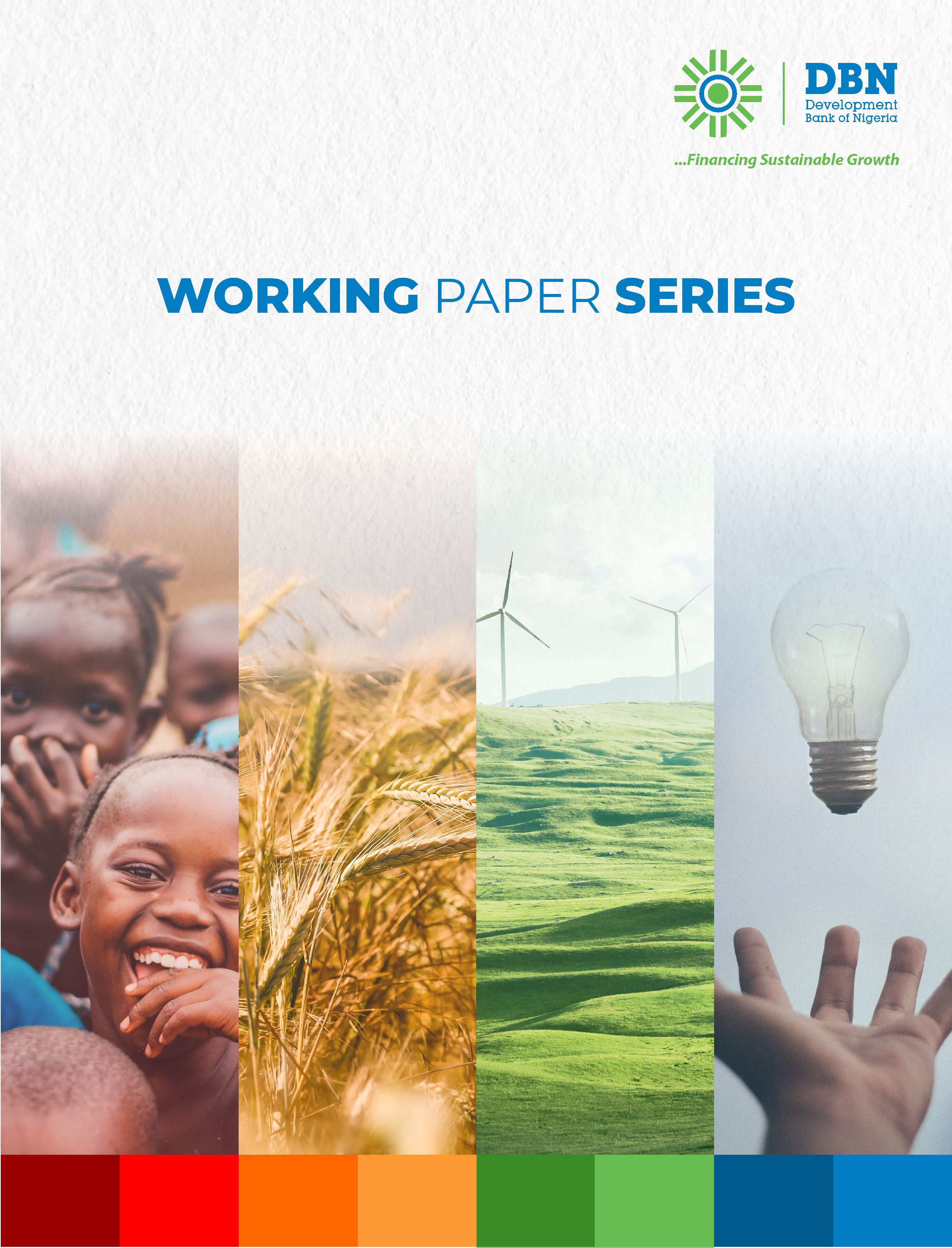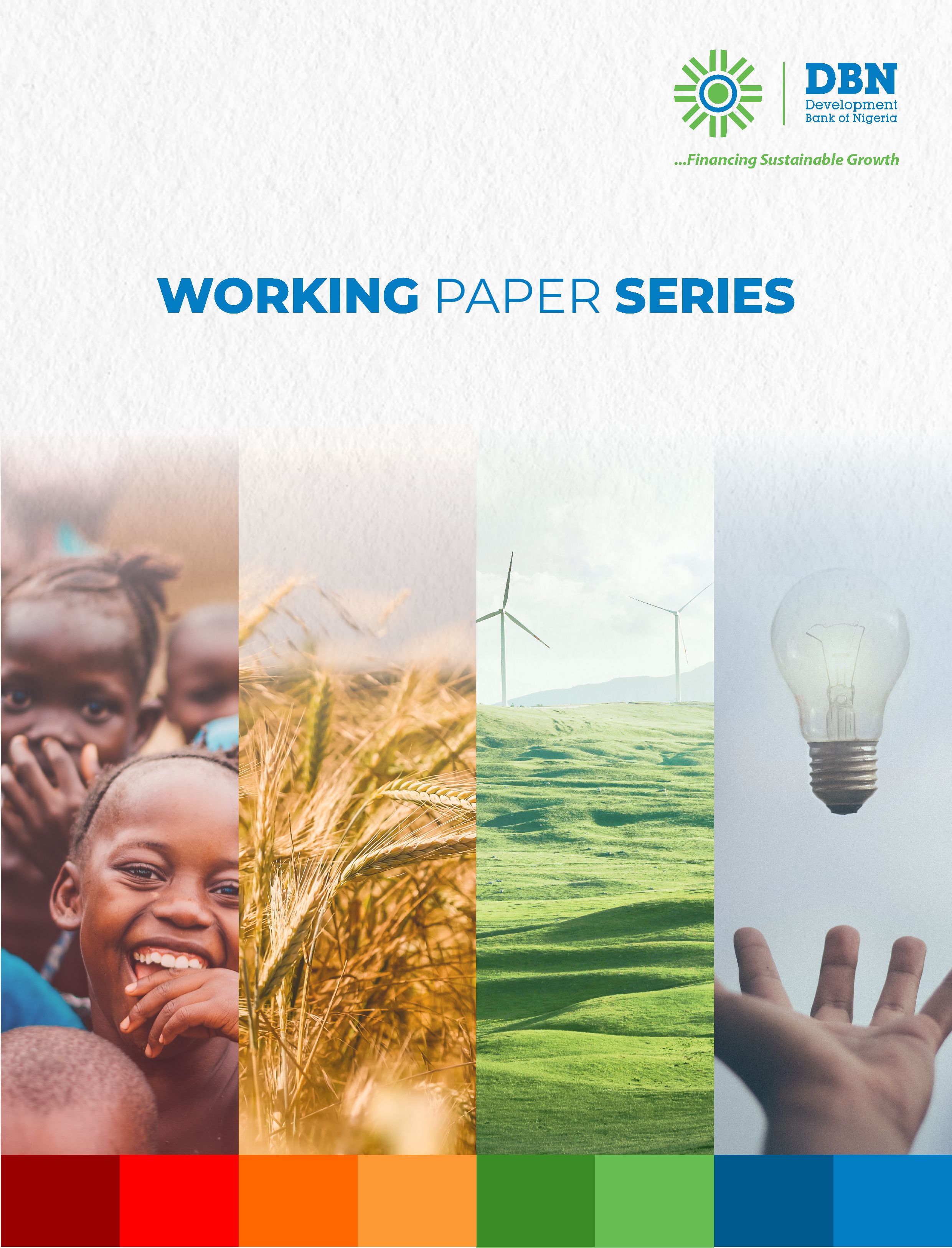
Publication Information
Published by: Admin
Published: 1 year ago
View: 240
Pages: 30
ISBN:
Abstract
When commodity prices rise in international markets, Africa's economic performance scarcely improves, and when commodity prices fall, its economic performance suffers substantially. This study examines the effect of oil price shocks on Africa’s energy transition (ET). Data is obtained for 53 African countries between 2000 and 2020, with the Driscoll and Kraay and Panel VAR regression procedures used. The results reveal that oil price shocks have an adverse influence on Africa's ET, with the findings being strong in both rural and urban contexts. Furthermore, the results expose that the adverse effect is visible only in net crude oil exporting countries, whereas net oil importing countries have no significant effect. Moreover, oil price shocks cannot explain Africa's urban-rural differences in clean energy access. As policy implications, African policymakers should reduce the rural-urban gap in clean energy by investing more in clean energy and technologies in rural areas, which help enhance the resilience of the energy sector to oil price shocks.
Tii N. Nchofoung Mr
Related Publications

VOLUME 7 ISSUE 2 2024
Female unemployment and the procedure that a woman has to go through to start a business: microfinance policy thresholds

VOLUME 7 ISSUE 2 2024
Sustainable urbanization and vulnerability to climate change in Africa: Accounting for digitalization and institutional quality

VOLUME 7 ISSUE 2 2024
Foreign direct investment and Renewable energy development in sub-Saharan Africa: Does governance quality matter?
